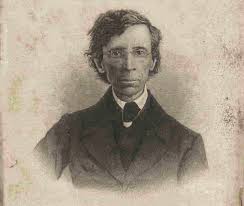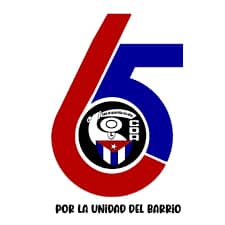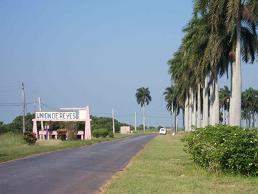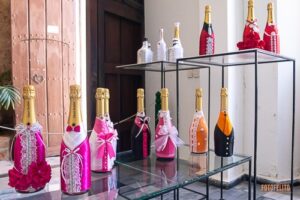Félix Varela: a scientist who bet on open and creative thinking.

Because of the efforts he made so that his disciples would develop the ability to reason for themselves, José de la Luz y Caballero, one of his students, said: «As long as we think of the island of Cuba, we will think of the one who first taught us to think».

Félix Francisco José María de la Concepción Varela y Morales, that is how the Cuban we all know as Félix Valera was baptized, the priest and philosopher who, beyond proposing the need to separate Cuba – politically, socially and economically – from Spain, fought for that independence until he met his death in exile on February 25th, 1853.
But Varela was also the pedagogue who, with his revolutionary and radical conceptions, modernized teaching, particularly the study of Physics.
In the book «Instituciones de Filosofía Ecléctica para uso de la Juventud», published in 1814, Varela offers a summary of all that was known about Elementary General Physics. This volume, a copy of which is preserved in the José Martí National Library, was the first one written by a Cuban on that scientific discipline.
And it was Father Valera, appointed by Bishop Espada as professor of Philosophy, Physics and Ethics at the Seminary of San Carlos, who created the Physics cabinet for demonstrative experiments for teaching purposes, a fact that transformed teaching, while stimulating the dissemination of scientific advances.
That first physics and chemistry laboratory in the country had galvanic boxes, pneumatic machines, a mobile planetary system and test tubes, among other essential tools for learning science through experimentation.
That innovative work in the seminar, Varela collected it in new texts with points of view and practices that are the basis of modern sciences in Cuba and of open and creative thinking.
Because of that effort he put in that his disciples develop the capacity to reason by themselves; José de la Luz y Caballero, one of his students said: «As long as we think of the Island of Cuba, we will think of the one who first taught us to think».
Written by Ana González Goicochea.




